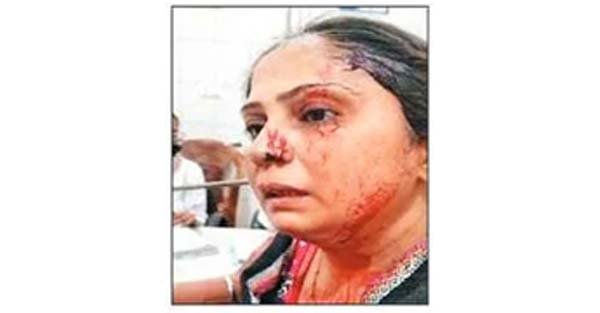Hyderabad, Aug 19 (UNI) ISRO Chairman and Secretary, Department of Space, Dr V Narayanan today said that India has demonstrated its global stature in space technology by ensuring the safe launch of astronaut Swati Sukra to the International Space Station after detecting and correcting a critical rocket leak at the Kennedy Space Centre.
Delivering the convocation address at the 84th Annual Convocation of Osmania University, Dr Narayanan recalled how the ISRO team insisted on halting the original launch scheduled for June 11 after spotting a flaw, which was later confirmed and rectified, averting a potential disaster.
He said this intervention not only safeguarded the mission but also proved India’s capabilities in handling human-rated rockets at par with global space powers.
Highlighting recent milestones, the ISRO Chief noted that India successfully carried out its 100th launch from Indian soil on January 29 and executed a complex docking experiment on January 16, making it one of only four nations to master this critical technology.
He asserted that these achievements reflect the strength of Indian science, engineering, and education, and urged students to pursue their goals with dedication, echoing Swami Vivekananda’s call to “stop not till the goal is achieved.”
India’s journey in space research was recalled by the ISRO Chairman, who highlighted the country’s progress from launching a small donated rocket in 1963 to becoming one of the world’s leading space-faring nations.
He noted that the first satellite-based television experiment in 1975 brought signals to 2,400 villages across six states, marking the beginning of India’s communication revolution.
Reflecting on the present, he pointed to the successful launch of an Indian-built satellite carrying both Indian and US payloads, and underscored that from being decades behind in technology, India now stands shoulder to shoulder with advanced nations.
He also linked the country’s space progress with wider national development. From electrifying nearly all villages, improving food grain production, and raising life expectancy from 32 to 72 years, India, he said, has come a long way since independence.
The Chairman saluted India’s scientific community and leadership for their vision, expressing confidence that the nation will achieve developed-country status before 2047. He urged graduates to treat education as a continuous process, value integrity, and contribute back to society.
On ISRO’s achievements, he recalled milestones such as Chandrayaan-3’s historic South Pole landing, the Mars Orbiter Mission’s first-attempt success, and Aditya-L1’s ongoing study of the Sun.
He emphasised India’s growing role in global space cooperation, with plans for Chandrayaan-5, a Venus mission, and an Indian space station by 2035.
He reminded students that ISRO’s success has always been built on teamwork and the belief that the nation’s goals stand above individual ambitions.











